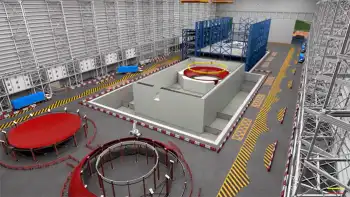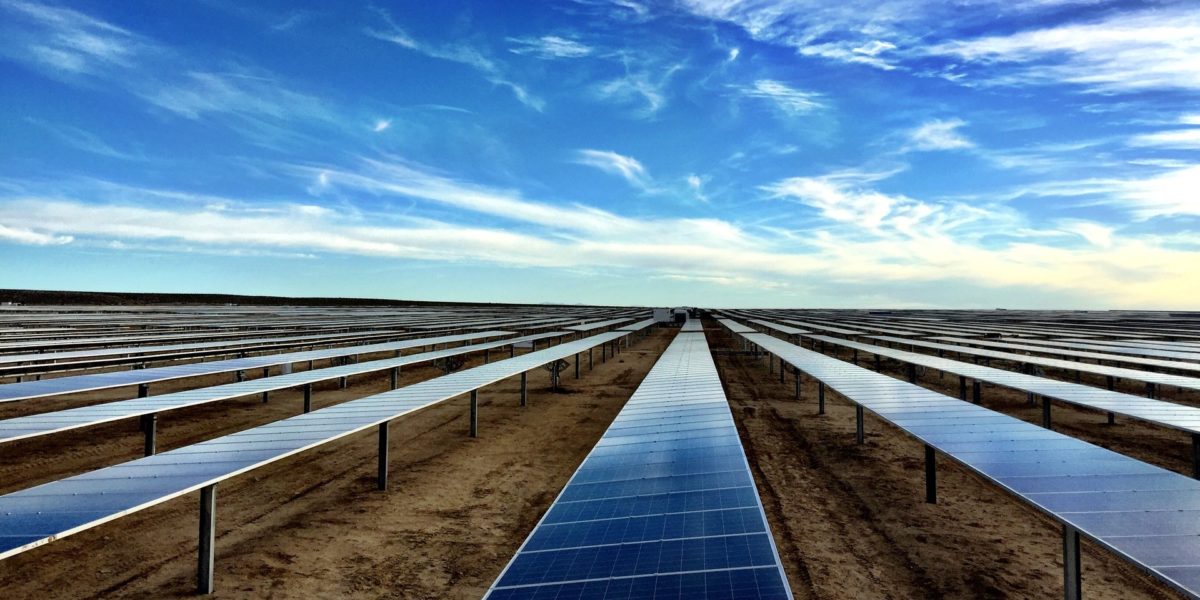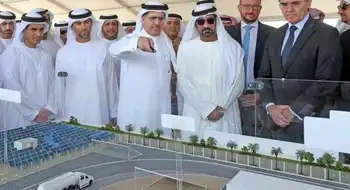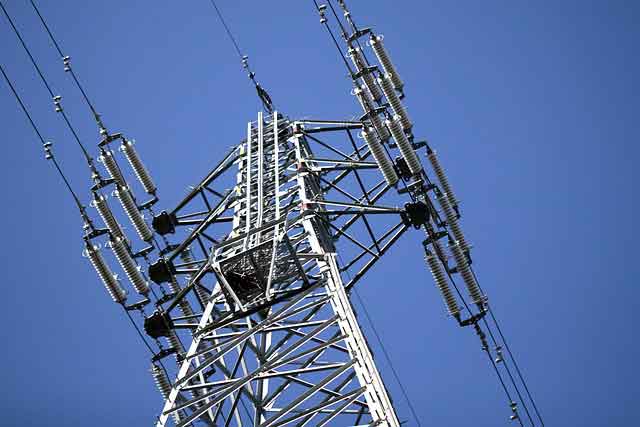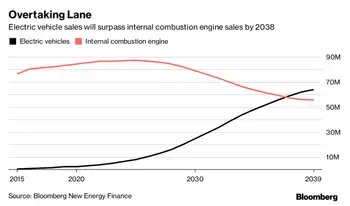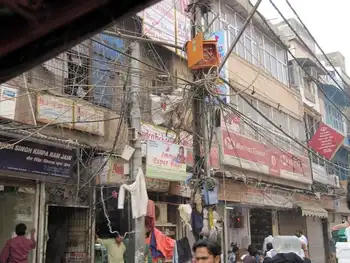Areva and EDF join forces for nuclear sector bids
By Industrial Info Resources
CSA Z463 Electrical Maintenance -
Our customized live online or in‑person group training can be delivered to your staff at your location.

- Live Online
- 6 hours Instructor-led
- Group Training Available
Alliances and networks are being formed to handle the massive technological and equipment input which will be required, and French company Areva, has been busy making numerous liaisons at national and international levels.
A team made up of Areva and Electricite de France is an applicant for the operator-led Generic Design Assessment (GDA) for a United Kingdom European Pressurized Reactor (EPR). Following the completion of the design assessment, Areva will have the right to sell EPR technology to any potential UK licensee.
EDF will not be committed to using the EPR in any future nuclear power station it may build. During the GDA process Areva will manage an alliance of any potential UK EPR nuclear operator wishing to gain sufficient technical knowledge to meet the criteria of the UK regulators as an "intelligent customer" with understanding of the plant technology.
AMEC plc is providing technical support to EDF and Areva relative to the standards and rules required by the U.K. The EPR design has received letters of support for the GDA process from British Energy Group plc, Centrica, E.ON AG, RWE, Iberdrola SA, Suez SA and Vattenfall AB.
Only three reactor designs (from Atomic Energy of Canada Limited, Areva, GE-Hitachi or Westinghouse) will proceed to the next stage of the GDA, and a detailed assessment of these will run through 2011, with a view to the chosen designs becoming operational in the UK between 2016 and 2022.
Another token of the companies' cooperation is the award by EDF of a contract to Areva worth more than $200 million for nine replacement steam generators for all three loops of three 900-MW nuclear plants in France.
The scope of the contract covers the design, manufacturer and delivery of the nine components and all associated services. The work will be handled at Areva's Chalon/Saint Marcel plant. Manufacture will start in 2010 with the first delivery in 2012.
Further deliveries are planned for 2014 and 2015.
Areva signed a previous contract with EDF in 2006 to supply six steam generators for existing 900-MW plants. Steam generators transfer heat from the reactor coolant system to the secondary side, keeping the two in perfect isolation. Water from the secondary side is turned into steam, which then drives a turbine connected to an alternator that generates electricity. The generators are replaced to prolong the reactor's service life.
EDF is reported to be near an agreement to acquire 50% of the nuclear power business of Constellation Energy Group Incorporated with an offer of $4.5 billion, having moved past Berkshire Hathaway's MidAmerican Energy Holdings, the original bidder. With Areva already established in the U.S., EDF would no doubt see some opportunities for another team effort if the Constellation deal comes through.
EDF operates the largest fleet of nuclear plants in the world, with 58 reactors and an installed capacity of 63,100 MW. Areva has manufacturing facilities in 41 countries and sales networks in more than 100 countries.
The company has built or is currently building 100 reactors worldwide, 93 of which are currently in operation, with two scheduled to come online in the medium-term. These are the EPR reactors for the EDF power station in Flamanville, France, and Olkiluoto, Finland, which have suffered teething problems, schedule delays and budget creep.





